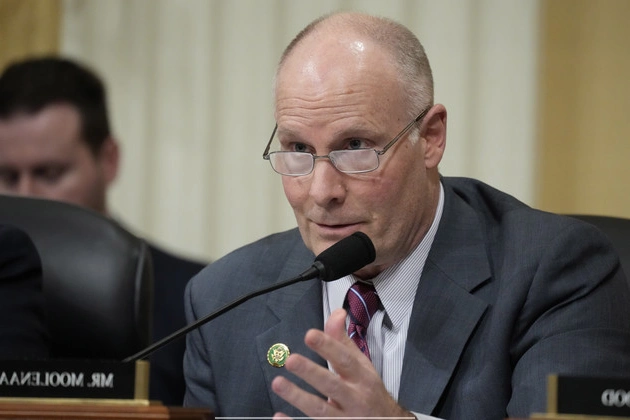
Two Republican critics of China, Rep. John Moolenaar and Rep. Tim Walberg, are urging Duke University to terminate its partnership with a Chinese institution closely linked to the country’s government.
In a letter addressed to Duke President Vincent Price, Moolenaar and Walberg expressed concerns that the collaboration with Wuhan University facilitates the transfer of technology and skills to China. They noted that Wuhan University is not a typical academic institution but rather a direct extension of the Chinese military and intelligence apparatus.
The Concerns Over Technology Transfer
Moolenaar, who chairs the House Select Committee on the Chinese Communist Party, and Walberg highlighted the ongoing worries about China’s efforts to enhance its economy through knowledge and technology acquired from the U.S. The partnership between Duke and Wuhan University has raised alarms about the potential transfer of American research and innovation to China’s military-industrial complex.
Duke’s Response and Justification
Responding to the letter, Duke confirmed receipt and emphasized its commitment to educating Congress about the university’s global education mission. Duke Kunshan University, situated near Shanghai, hosts around 3,000 students, some of whom engage in research at Duke’s main campus in North Carolina.
Despite Duke’s efforts to promote international education, Moolenaar and Walberg remain troubled by the implications outlined in a joint report from the Select Committee on China and the House Education and Workforce Committee.
Safeguarding National Security
The lawmakers underscored the importance of safeguarding national security against foreign influence, particularly in academia. They emphasized the need for American universities to be vigilant and prevent potential exploitation by foreign entities like the Chinese Communist Party.
As part of their ongoing efforts, Moolenaar and Walberg, along with other lawmakers, have advocated for increased oversight of university programs to mitigate Chinese influence, especially in cutting-edge technology sectors.
Ensuring U.S. Innovation Benefits America
Moolenaar reiterated the significance of protecting U.S. innovation for the benefit of the country rather than allowing it to bolster the interests of the CCP. The lawmakers’ actions reflect a broader push to uphold national security measures and ensure that American universities remain free from undue foreign influence.
As the debate continues, universities like Duke face mounting pressure to reassess their partnerships and funding sources to align with national security interests and safeguard American innovation.











